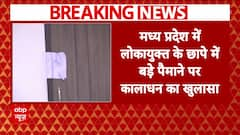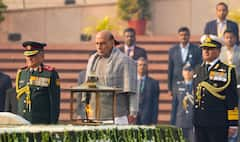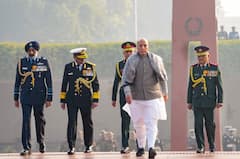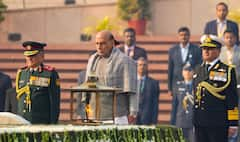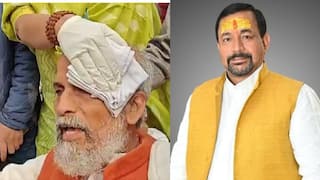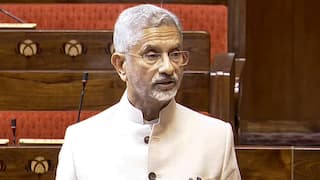Explorer
Muslim Women's Right To Alimony: From Shah Bano Verdict To Triple Talaq Act 2019
The evolution of Muslim women's alimony rights in India can be traced back to the 1985 landmark Supreme Court Verdict in Shah Bano Begum's case. Following which the Rajiv Gandhi led govt enacted the Muslim Women Act, 1986.

Supreme Court held that Muslim Personal Laws are not a substitute for Section 125 of the CrPC and both can operate simultaneously as an option for divorced Muslim women.
Source : PTI
In a recent development, the Supreme Court held that all divorced Muslim women are entitled to seek maintenance from their ex-husband under Section 125 of the Code of Criminal Procedure (CrPC). The top court held that Section 125 of CrCP is secular law and is applicable to all women irrespective of religion.
The court clarified that Muslim Women (Protection of Rights on Divorce) Act 1986 (which is a personal law) will not prevail over the secular law and is in fact in addition to it.
Follow Breaking News on ABP Live for more latest stories and trending topics. Watch breaking news and top headlines online on ABP News LIVE TV
Trending News
Top Headlines
India
India
Cities
Cities


Sagarneel SinhaSagarneel Sinha
Opinion











